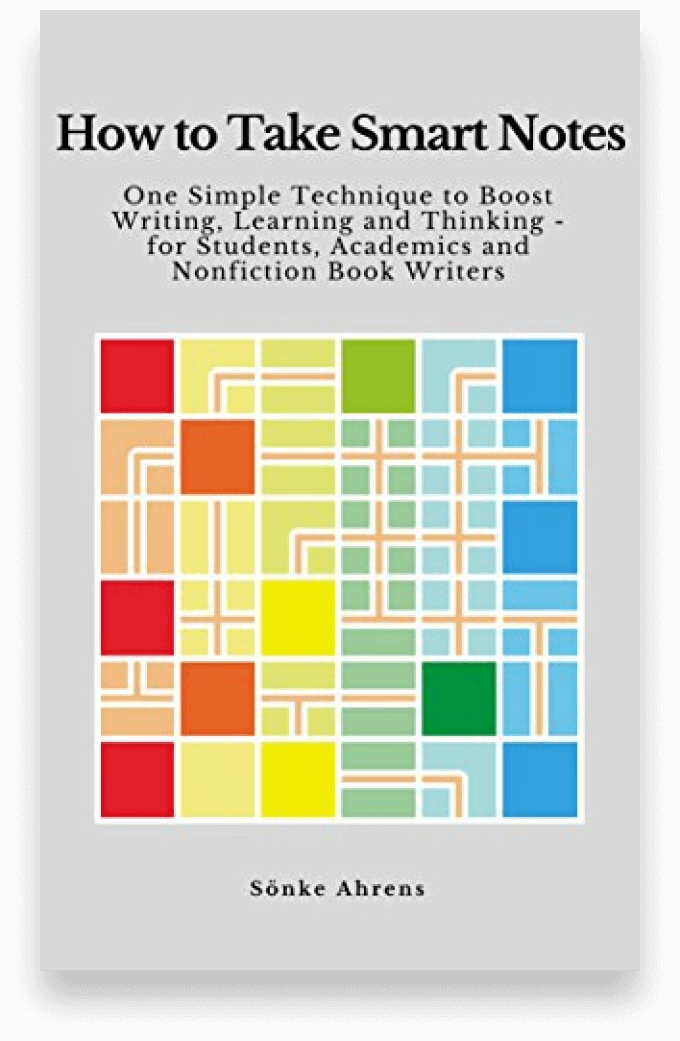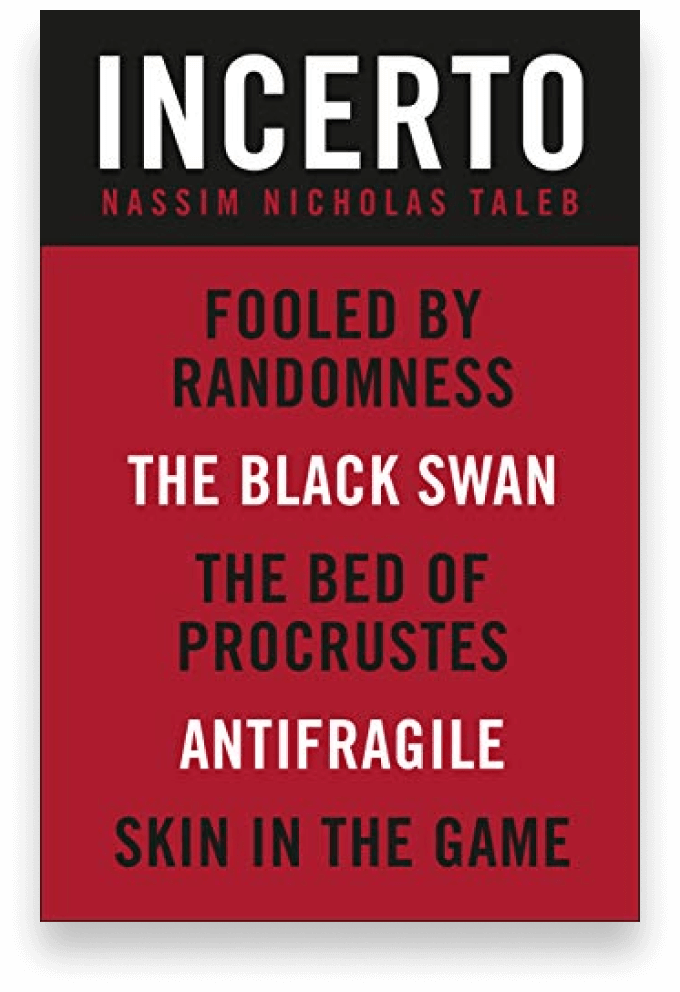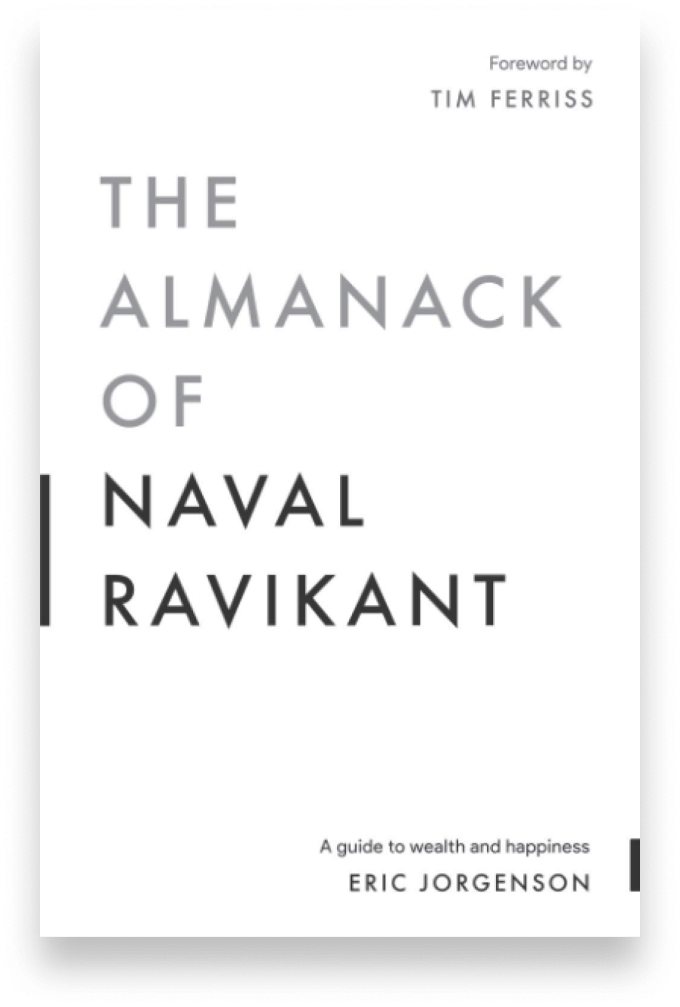
Today a friend asked me what they should read to learn more about product marketing. I said I didn’t know much about product marketing, but I listed a few books that have made a big difference in the way I view the world over the past few years.
A friend was very appreciative of the list and said it was just the thing, so I thought I’d post the list on the blog so it would be easier to answer questions like this in the future by just sending a link.
So here is the list of my top 10 books, broken down into 3 categories: learning, life in general, and wealth creation.
On Learning
How to Read a Book
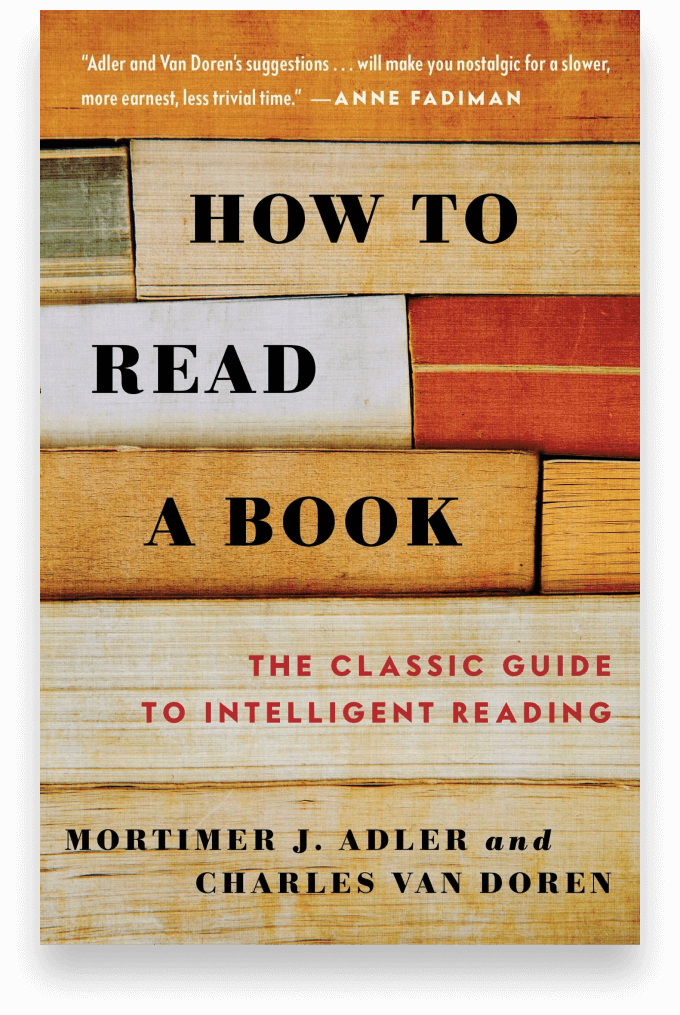
The best books are generally so packed with information that it’s hard to digest them. Some time ago I read 40 books in a year. But then I found that at best I could only remember 1% of the material. There’s no point in investing the time when knowledge retention is so low.
This book helps to solve that problem. It contains a toolkit for extracting the most knowledge and understanding from books.
A Mind for Numbers
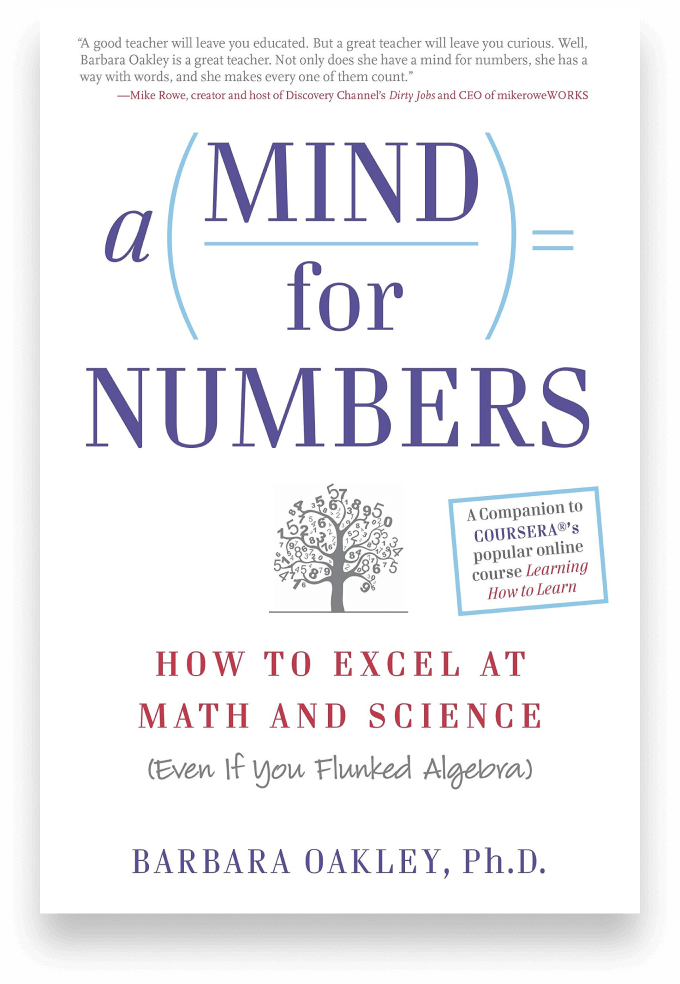
This book contains a set of principles and protocols to learn anything. Everything I have learned in the last five or seven years I owe to this book. It really taught me how to learn.
Notable examples: the difference between focused and diffused learning, how to avoid the illusion of competence, how to prevent procrastination.
On Life in General
Thinking, Fast and Slow
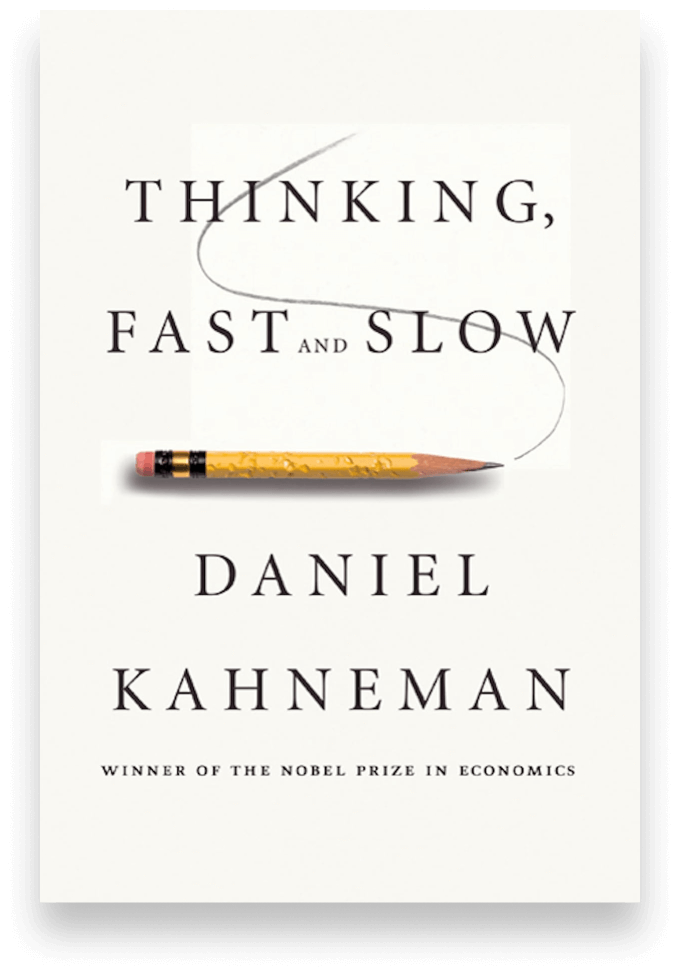
Dany Kahneman is a Nobel Prize winner for economics in 2003. In last 30 years he and Amos Tversky have revolutionised our understanding of how people make decisions. They have discovered such cognitive biases as loss aversion, anchoring, halo effect, availability heuristic, outcome bias, planning fallacy and many more.
This book has opened my eyes on how I and other people think and make decisions in every day life. I reread parts of it almost every year.
Behave
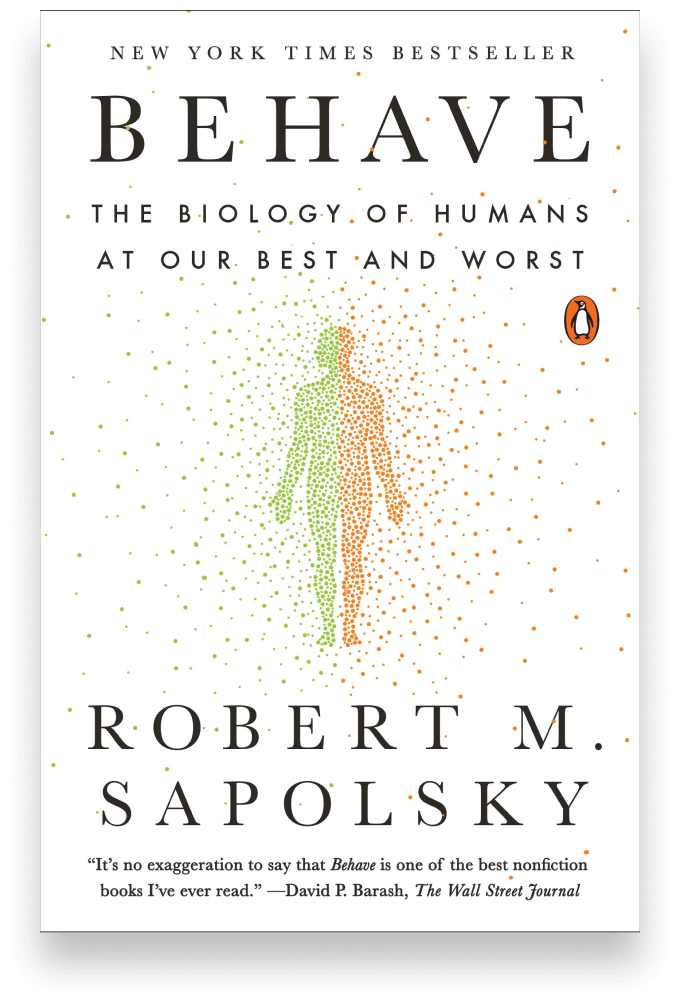
Dr. Sapolsky is a professor of neurology at Stanford University, author of the amazing lecture series on human behavioral biology.
At first glance, the subject of the book looks very simple: Let’s imagine that a behavior has taken place. Someone has done something. Why did they do it?
The book tries to answer this question on all possible time scales, from microseconds before the act, to minutes before the act, to years and centuries.
On Wealth Creation
4-Hour Workweek
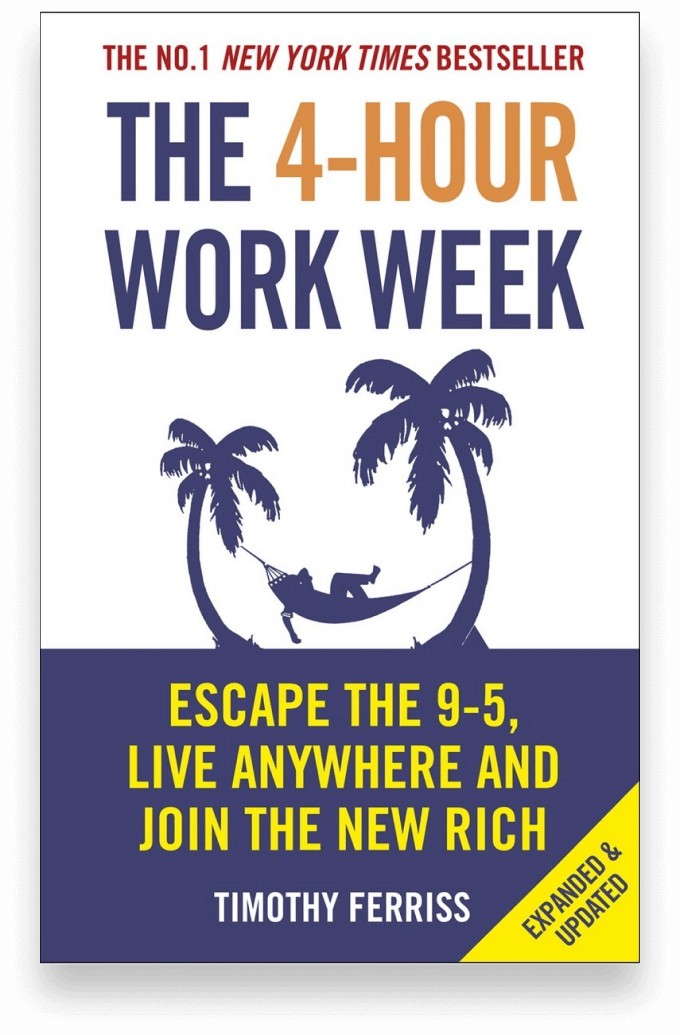
This is a great book with a very bad title. It gives the impression that it is about how to work less. It is not. It is about a mentality of maximizing freedom and happiness by achieving financial independence.
It’s a very practical book, with a number of tools and practices that have helped me a lot. My workweek is still about 70 hours a week, but I love every moment of it.
Show Your Work
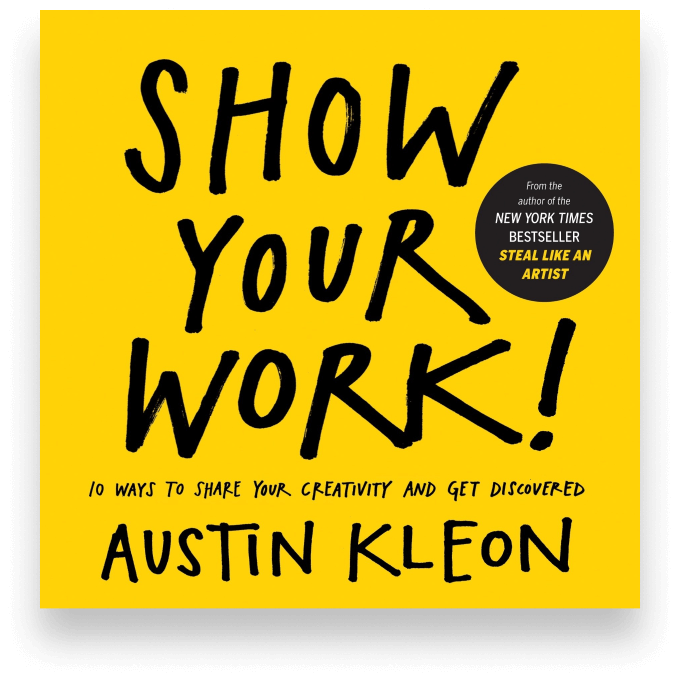
It is a very short book on why and how to create and maintain a personal blog. It can be read in about 2 hours and is full of practical advice on how to start writing and maintain the process over time. It has helped me and many of my friends to post regularly online and gradually build a social following around our work.
Launch

If «Show your Work» helps you build an online following, this book helps you build a business based on that following. It focuses on selling information products, but can work for other types of products as well. I’ve some experience in online marketing and can confirm that the strategy is legit.
The only warning I’d give isn’t to pay too much attention to the first 3 chapters. The author tells his story and it’s very much like the cliché «I was broke and didn’t know what to do! If someone asked me back then that I’d make millions online, I wouldn’t believe it! But then…». Don’t skip the chapters, but don’t pay too much attention to them. The good stuff starts later and it’s worth it.
